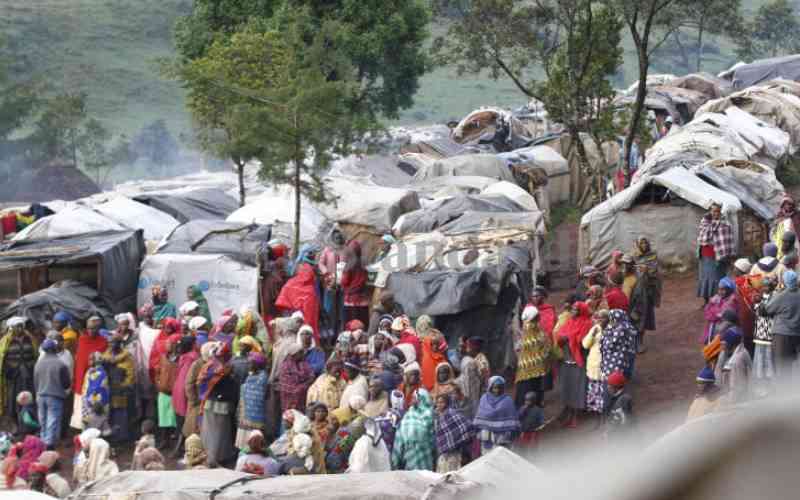×
The Standard e-Paper
Join Thousands of Readers

Audio By Vocalize

We launched Home and Exile on Thursday this week, at the Alliance Francaise, Nairobi. This work is a part of my modest contribution to scholarship, a plank in a probable 'Barrack oeuvre.'
As expected, I refrain from delving into the work. That belongs to critics. Some must love it. Others must not. The latter must go on a tear. Render it into pieces, fit only for the furnaces. That is how knowledge grows. There must be creators and admirers.
